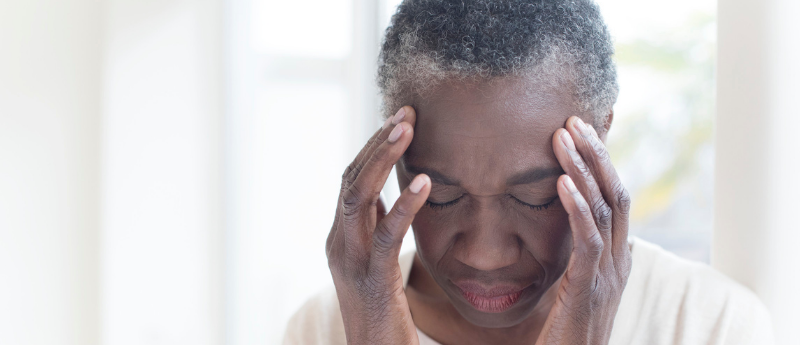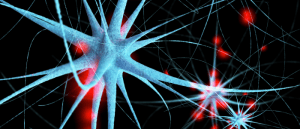Rid your life of stress to avoid grays

A new study provides quantitative evidence linking psychological stress to graying hair and suggests the phenomenon could be reversible.
Graying hair is a visible hallmark of aging that is generally believed to be linked to psychological stress; however, up until now, this link was purely anecdotal. Researchers from Columbia University Irving Medical Center (NY, USA) have revealed quantitative evidence linking graying hair to psychological stress and have suggested that the process may be reversible.
The researchers developed a new imaging technique that captured highly detailed images of tiny slices of hair to quantify the extent of pigment loss (graying) in each of those slices. They used this method to analyze individual hairs from 14 volunteers and compared the hair pigmentation patterns to stress diaries kept by the volunteers. The results showed the striking associations between hair graying and psychological stress – when a donor reported an increase in stress, a hair lost its pigment and when the donor reported a decrease in stress, the hair regained its pigment.
In an attempt to explain how and why stress causes hair graying, the team measured protein levels in the hair and analyzed changes in these levels over the length of the hair. They found that there were changes in 300 proteins when the hair lost pigment and that white hairs contained more proteins linked to mitochondria and energy use, suggesting that stress-induced changes in mitochondria and metabolism may explain how the hairs lose pigmentation.
 Improved mental health shows increased serotonin transporters in the brain
Improved mental health shows increased serotonin transporters in the brain
Antidepressant drugs can be used to impede the activity of serotonin transporters, leading to an increased level of serotonin in the synapses and therefore, the levels in the brain. However, many modern antidepressant drugs are slow to act, and can have little, if any, effect – meaning a limited benefit for patients.
“We often hear that the mitochondria are the powerhouses of the cell, but that’s not the only role they play,” commented the study’s senior author Martin Picard (Columbia University Vagelos College of Physicians and Surgeons; NY, USA). “Mitochondria are actually like little antennas inside the cell that respond to a number of different signals, including psychological stress.”
The study, published in eLife, has broader significance than confirming old wives’ tales about the effects of stress on hair color. “Understanding the mechanisms that allow ‘old’ gray hairs to return to their ‘young’ pigmented states could yield new clues about the malleability of human aging in general and how it is influenced by stress,” Picard explained. “Our data add to a growing body of evidence demonstrating that human aging is not a linear, fixed biological process but may, at least in part, be halted or even temporarily reversed.”




